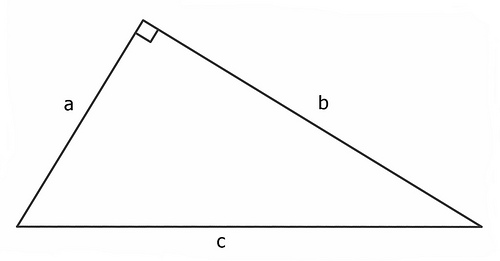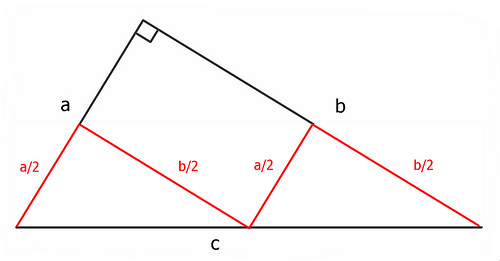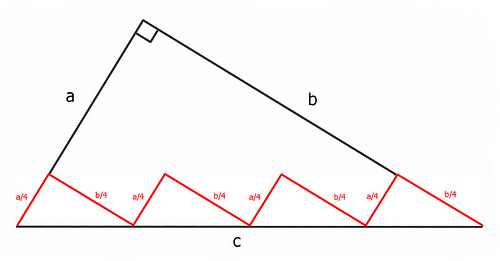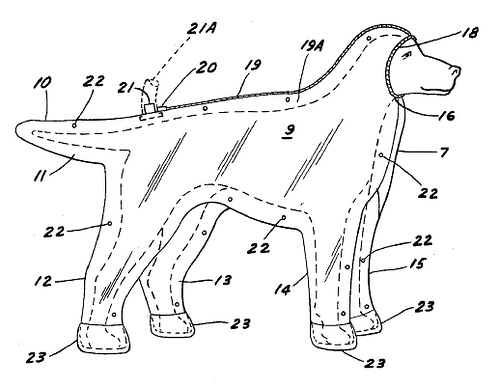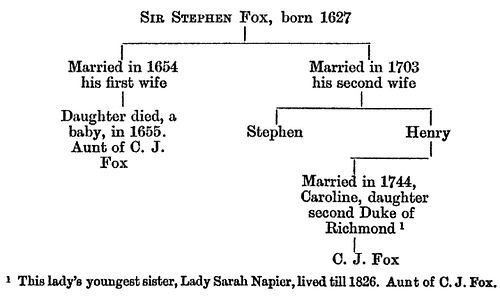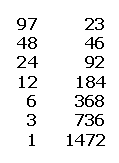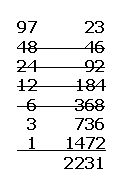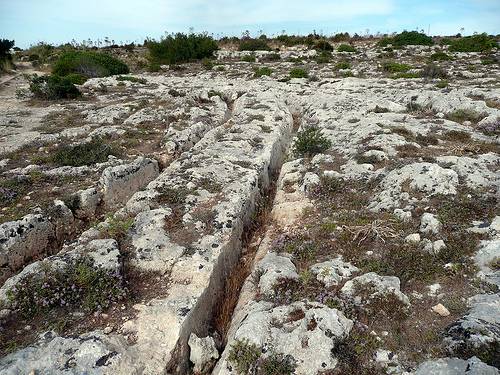In October 1871, the American steamer Polaris began to leak, and 19 men, women, and children crowded onto an ice floe in the Arctic Ocean. The ship got away from them and, incredibly, they spent the whole of the arctic winter riding the melting floe down the Greenland coast. Excerpts from the journal of steward John Herron:
Oct. 15. … We remained shivering all night. Saved very little provisions.
Nov. 6. Joe caught a seal, which has been a godsend. … Mr. Meyer made a pack of cards from some thick paper, and we are now playing euchre.
Dec. 2. Boiled some seal-skin to-day and ate it–blubber, hair and tough skin. The men ate it; I could not.
April 14. Our small piece of ice is wearing away very fast; our provisions are nearly finished. Things look very dark; starvation very near.
April 25. … We are all soaking wet, in everything we have, and no chance of drying anything. … All is dark and dreary, but, please God, it will soon brighten up.
Finally, as hope was fading, they were picked up on April 30 by a Newfoundland sealer near Labrador. In six months they had drifted more than 1,440 miles — but all survived.

